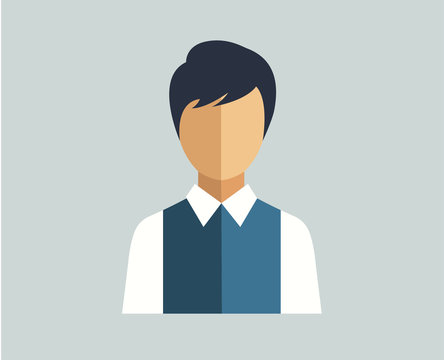Going Through Chapter 13
Date: Fri, 04/11/2008 - 09:03
tmichael - welcome to the forums! Your attorney is bound by
tmichael - welcome to the forums!
Your attorney is bound by federal law to perform a "means test" on your income to see what Chapter of Bankruptcy you qualify for.
If it's a matter of saving your house from foreclosure, the only option in Bankruptcy is Chapter 13, which is repayment plan over the course of several years and will allow you to repay the arrearages on your mortgage and avoide foreclosure. Chapter 7 will not do that.
The major difference in the two Chapters (7 and 13) is this: Chapter 7 is an immediate elimination of your debts, but it also allows the Trustee of the Bankruptcy Court to evaluate your assets to see if any of them are saleable to repay some of your debts before discharging them. (There are exemptions in every state for certain percentages of your assets, and they vary from state to state.) If you do not have enough money to pay your debts (determined by the means test), then you will file Chapter 7, provided there is no concern for saving a house from foreclosure.
Chapter 13 is called the "wage earner plan" - and for good reason. If you earn enough to repay at least a portion of your debts (again, determined by the means test), and you don't want your assets sold by the court to repay them, you will file Chapter 13. This plan will extend over the course of 3 to 5 years, and will take all of your "disposable income" (determined by the court - not you) to repay your debts over that time. It's a good plan, and works for many people, but there are many things to consider:
-the bills you had prior to bankruptcy stop coming, and the collection calls stop (if you include the bills in the plan) - however, new bills do not stop - doctor bills, car and home repair bills, vet bills, etc - those all continue coming as those things happen over time - and with your newly reduced income, will you have enough to live on, if something major happens?
-no credit can be obtained without consulting the bankruptcy court first. If your car dies and you need a new one, which requires car payments, you have to obtain permission from the court first.
-yes, your credit will be damaged - for several years. There's no getting around that, no way to remove it from the report, and no way to hide it. With the recent credit crisis, banks and lenders are tightening their lending criteria, and getting a loan with a bankruptcy on your record will be difficult - more so than ever before.
Talk to your attorney about the things you don't understand. Chapter 13 may still be a good idea for you, but see if maybe debt consolidation or credit counseling can help first. Try to make bankruptcy your last option.
whats left to live on?
does chapter 13 allow you to save any money monthly or do they take every penny you get? How does that help you get back on your feet?
Since 2005 the bankruptcy laws have become more stringent. Hence
Since 2005 the bankruptcy laws have become more stringent. Hence, has applied stricter qualifying parameters to deter people form filing under the chapters.
Both ch-7 and ch-13, have there own negatives, but still ch-13, IMO scores over ch-7 as it allows retain your house and other personal properties. It'll actually put you under a longterm repayment plan, so that you can atleast pay a portion of your debt.
However, staying in a payment plan for a long time can be a problem for some people, because if you fall back with the payment under the plan the trust will ask the court to dismiss your case, which in turn will make your situation worse.
Hence, check your total debt amount and ask your lawyer about the probable nature of the repayment plan. If you don't find it comfortable enough, then ch-13 may not be the right option for you.




